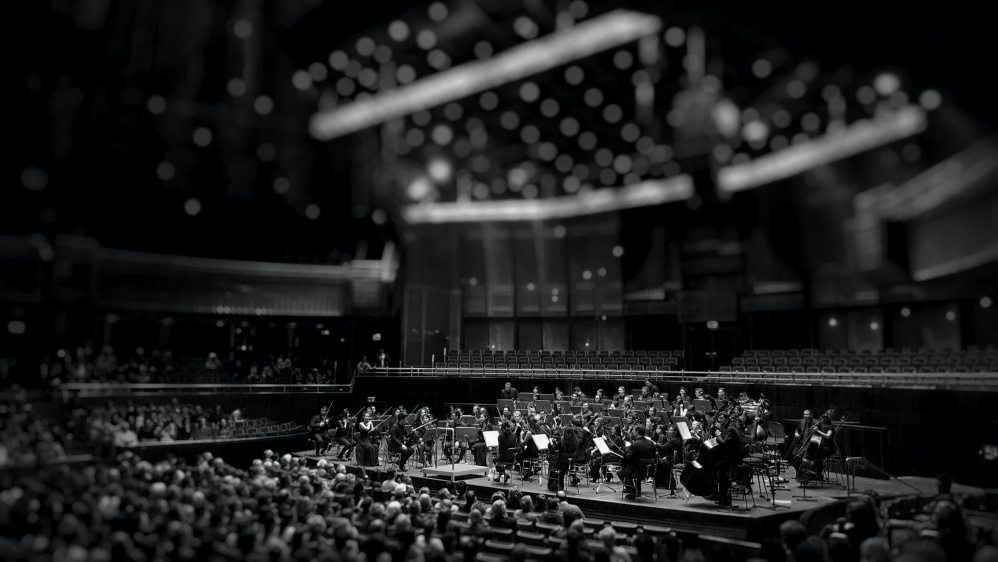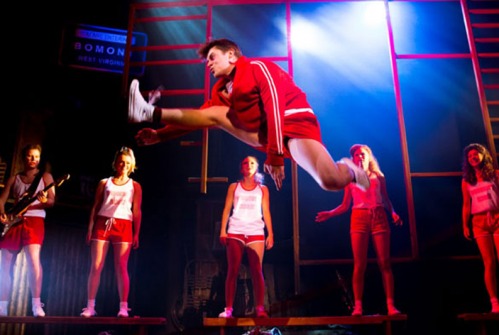Review: Asunder, Sunderland Empire

A unique production dodges cheap sentimentality to lend a fresh perspective on a war which turned the North East upside down
One tactic is to look at the very big: sombre descriptions of the conflict’s causes which make everything sound so inevitable; the vast shunts of aggression and bombardment seen in timelapse from a bird’s eye view of northern France; the impossibly spiralling digits of dead, wounded and bereaved.
The other answer, which Asunder’s Creative Director Bob Stanley of St Etienne (the band, not the city) has reached for, is to focus on the very small. Asunder itself focuses on Sunderland and its people, and is a collection of archive and contemporary film edited together by Esther Johnson, all tied together by vignettes of lives lived through the war. The big advantage here is the opportunity for levity: the sight of a soldier whacking his mate in the chest with a shovel to test the homemade armour they’ve made, or their friend playing delightedly with a chicken, are incredibly moving; these are just young men larking about, either distracting themselves from the horrors of the front or ignorant of them.
What really makes it work is the narration by Kate Adie, whose presence lends the same unsentimental gravitas and calm authority which it has for her whole career. Alun Armstrong plays the voice of the Sunderland Echo, reeling off headlines and tidbits from both the big moments of the war and the small moments at home.
The tight focus on single story strands is about the only thing you could say was ‘very small’ about the production: with the Royal Northern Sinfonia playing the score live alongside its composers, Sunderland’s own Field Music (Peter Brewis also arranged the score) and trans-Pennine krautrockers Warm Digits (who’ve got form for soundtracking film, having played a new score to Blade Runner live at the Discovery Museum some months ago), and an a capella interlude from the Cornshed Sisters who sang The Rigs of Sunderland Fair, a popular ballad from 1819, the stage was busy.
The pairing of Field Music and Warm Digits worked brilliantly: having worked on a BBC Radio 3 project about the Higgs Boson in 2012, they’re good pals and know how to segue from the Brewis brothers’ twinkling, complex, faintly off-kilter melodies and Warm Digits’ driving, metronomic, remorselessly modern sounds. The score is the conflict between the industrial and the pastoral rendered aurally.
Asunder isn’t just about what Niall Ferguson called ‘the pity of war’; it’s about social history and the ruptures the war caused in gender roles, the idea of nation and identity, and class struggles and it’s something very special indeed.
@1916asunder





